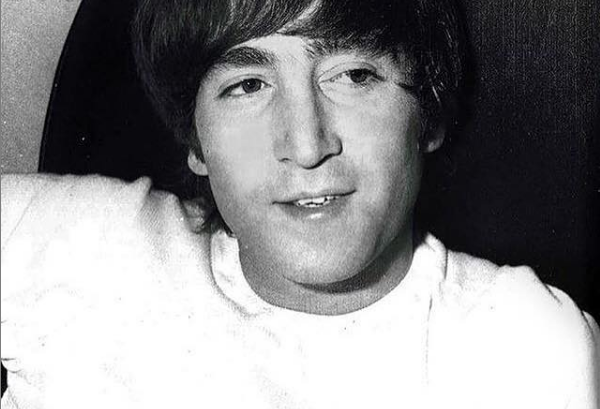The powerful start for John Lennon/Plastic Ono Band, ‘Mother,’ swells into a shrieking repeat of the word “mother.” This is the consequence of Lennon’s primal scream therapy sessions under the supervision of groundbreaking psychologist Arthur Janov.
At that point, Lennon was reliving his mother’s desertion, which he blamed for his neurological problems. Lennon asked his wife Yoko Ono to accompany him on a four-week session with Janov. She once recounted the incident as follows: “You really feel every painful moment of your life – it’s excruciating, you are forced to realise that your pain, the kind that makes you wake up afraid with your heart pounding, is really yours and not the result of somebody up in the sky.”
The rest of John Lennon/Plastic Ono Band covers a variety of issues, including religion, warfare, and politics, but for its one-minute finale, My Mummy’s Dead, Lennon goes to the start. The song continues with his grief with the last words: “I can’t explain/ So much pain/ I could never show it/ My mummy’s dead”.
In a 1971 interview, he described his parents, as per the book Lennon on Lennon: Interviews and Encounters. “The thing we all seem to greatly fear is to show the want we have of love from other people, especially parents,” Lennon explained.
“To feel it and acknowledge it in your mind: ‘No, they didn’t want me. That is a fact. I was not wanted. No wonder I feel shit,’” Lennon continued. “’Cause I couldn’t explain it as a child. You just know that something is not right, something is not there. And that is the big trauma, to experience that.”
“And especially the middle-class people who have nice, imagey parents, smiling and all dolled up,” He added. “They’re the ones that have the biggest struggle to say, ‘Goodbye, Mommy, goodbye, Daddy. I never had you, and I must realise that I never had you, and I never will’.”
The tune was designed to be a melancholy nursery rhyme pastiche. The core melody is based on the children’s popular rhyme Three Blind Mice, and it was influenced by the haiku poetic structure, according to Lennon. “‘My Mummy’s Dead.’ It was just a feeling,” Lennon explained in 1971. “It was almost like a haiku poem. Actually, I got into haiku in Japan just recently. I think it’s fantastic. God, it’s beautiful.”
John Lennon had a life that was everything but ordinary for 40 years. He was perhaps the Beatle with the greatest wit, charisma, and mystique, yet underneath the genial facade of good humor was a psychologist’s ideal client.
Listen to the song below:

